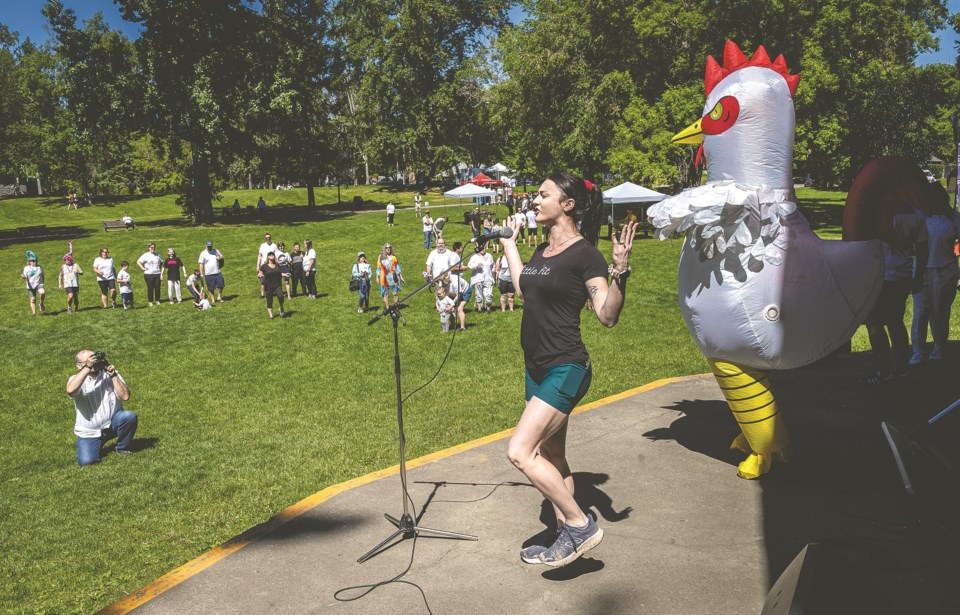A new program led by the Prince George Hospice Palliative Care Society (PGHPCS) is launching in Prince George.
The Connecting Minds Through Compassionate Hearts program is a joint initiative between the PGHPCS and the Prince George Council of Seniors. It is funded by Health Canada and the University of British Columbia.
The initiative aims to assist people living with early-onset dementia and help restore a sense of dignity and purpose.
“What we know is if we provide purpose and interaction and decrease isolation, we can do what we call ‘square the curve,’” said Donna Flood, executive director of the PGHPCS. “Instead of a trajectory going down slowly in terms of their cognitive function, we can help maintain a little bit of quality of life for them and the people who care for them.”
The program will feature two streams. The Council of Seniors will offer services specifically to support caregivers of individuals with dementia. The PGHPCS will match trained volunteers with people living with early dementia based on shared interests.
“What we’re doing is creating connectedness through volunteers,” said Flood. “We’re trying to connect people with similar hobbies or interests. If someone with dementia is a golfer, we’ll connect them with a volunteer who’s also a golfer, so they can go out and maintain that social interaction.”
Volunteers will receive extensive training in supporting people with early-onset dementia, including how to care for and communicate with both individuals living with the disease and their caregivers.
“We offer quite extensive training on how to relate, care and communicate with someone with dementia,” said Flood. “That way, we’re able to create a safe environment both for the volunteers and for the individuals themselves — giving them the tools to create purposeful interactions and experiences. We just want to make sure everyone is well prepared.”
The PGHPCS is currently recruiting volunteers, with 20 positions available and more expected as the initiative grows.
Flood also highlighted a new tech tool the program will use to enhance training: a virtual reality (VR) simulation.
“The other thing we have, which is really cool, is a virtual reality immersive experience,” she said. “It allows our volunteers, caregivers or anyone in the community to put on the VR headset and experience what it feels like to live with dementia. It gives you that lived experience so you have a better appreciation of what the world might seem like to them.”
While the PGHPCS has long experience in end-of-life care, Flood said supporting caregivers is a central part of this new initiative.
“We know that if you can care for the caregiver, they’re then able to continue caring for their person,” she said. “It’s really a privilege to care for someone, but it can also be quite difficult — because of isolation, not being able to get out, and a loss of social connectedness. We want to help normalize that whole journey.”
Those interested in volunteering for the program can email [email protected] or visit pghpcs.ca/volunteer/opportunities.



